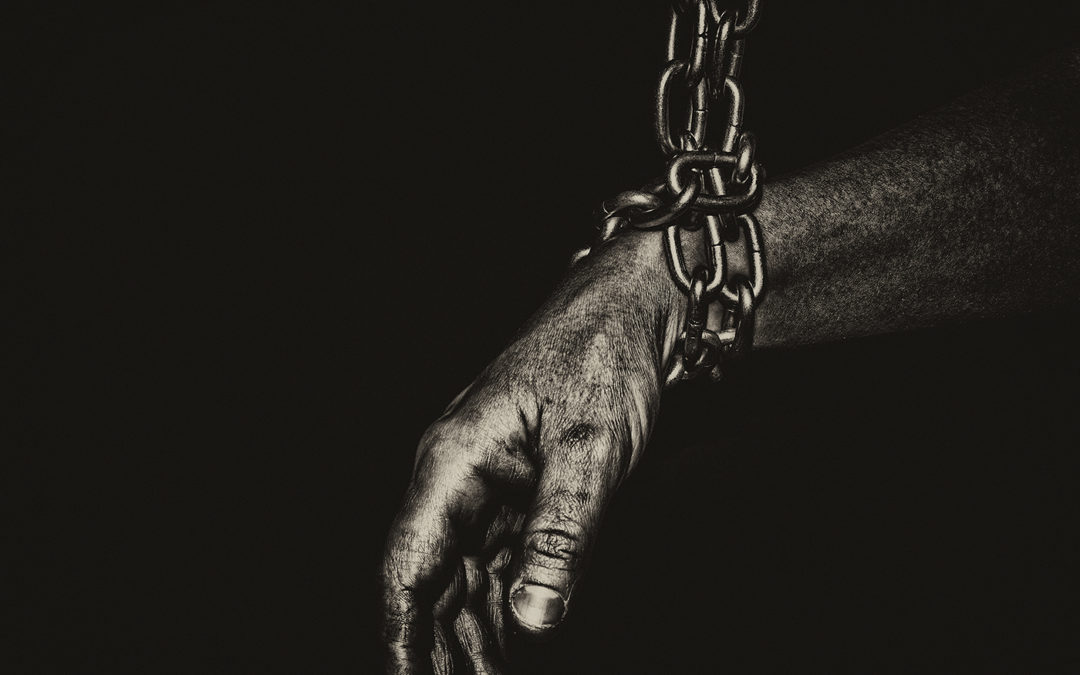Other people can be very flippant regarding your struggles. You may be struggling through a long illness, disability, loss of job and income, a fractured vital relationship… Whatever it is, you feel completely stuck. It doesn’t go away; it doesn’t “get better.”
And they say to you, “Well, God is working it all out for your good.” Easy for them to say.
The Book of Acts concludes: “For two whole years Paul… proclaimed the kingdom of God and taught about the Lord Jesus Christ—with all boldness and without hindrance!” Without hindrance, that is, except that Paul wore chains (the old-fashioned kind), probably never left the house, and was supervised day and night by a Roman soldier.
In the big picture, Paul had been imprisoned for two years in Caesarea, finally appealed to Caesar, then was transported to Rome where he waited another two years for a life-or-death trial before Nero. He may have worn those chains for well over four years. How he must have hated them!
Based on at least thirteen Scripture references, the chains were certainly on Paul’s mind a lot. Testifying before King Agrippa, Paul says, “I pray to God that not only you but all who are listening to me today may become what I am, except for these chains.” He wouldn’t wish those chains on anyone!
But other passages reveal Paul’s eventual understanding of his chains. In Ephesians 6:19-20, Paul calls himself an ambassador in chains for the mystery of the gospel. In Colossians 4:3, almost the same thing—“We… proclaim the mystery of Christ, for which I am in chains.” And in Philemon 1:13, “I am in chains for the gospel.”
We begin to understand that Paul does not see himself wearing chains of Rome. On at least four occasions he refers to himself instead as the prisoner of Christ.
In Philippians 1:12-14, Paul speaks of the tangible benefits of his chains. “Now I want you to know, brothers and sisters, that what has happened to me has actually served to advance the gospel. As a result, it has become clear throughout the whole palace guard and to everyone else that I am in chains for Christ. And because of my chains, most of the brothers and sisters have become confident in the Lord and dare all the more to proclaim the gospel without fear.”
Was Paul convinced that his hardship was good for him? Perhaps not. But he was convinced that it was for the good of many others, and for the advancement of the good news of Jesus.
So Paul says to the Colossian Christians (4:18)—and to us—“Remember my chains.”
Rev. Brent Juliot serves as pastor of Oak Ridge Lutheran Brethren Church in Menomonie, Wisconsin.

